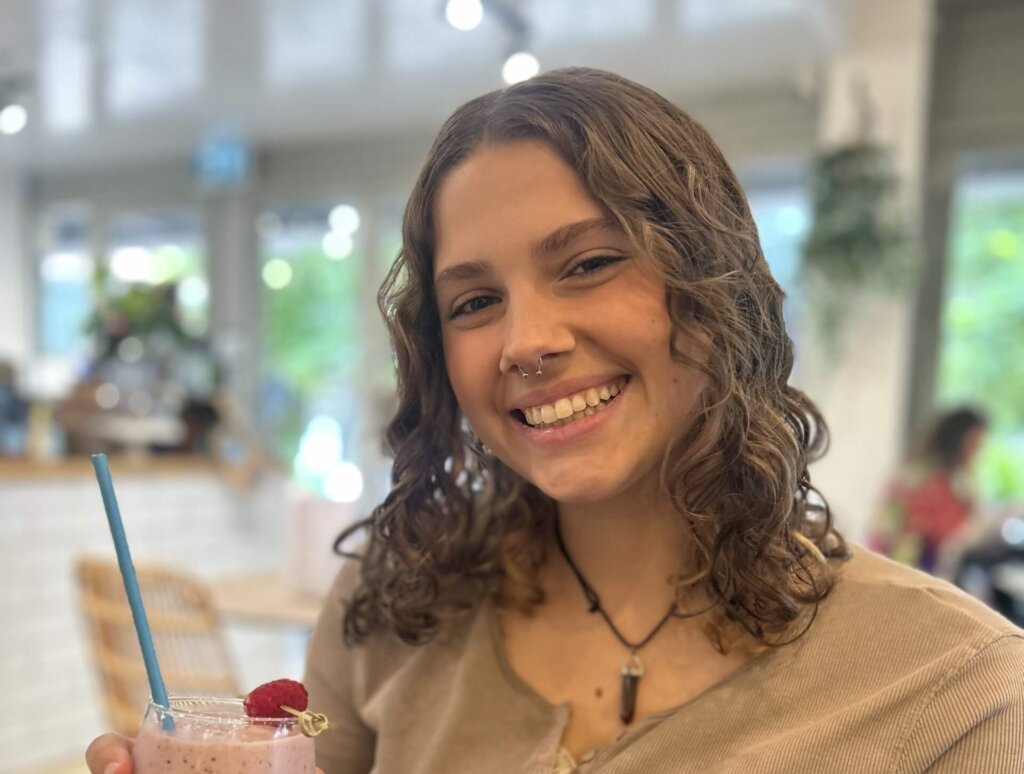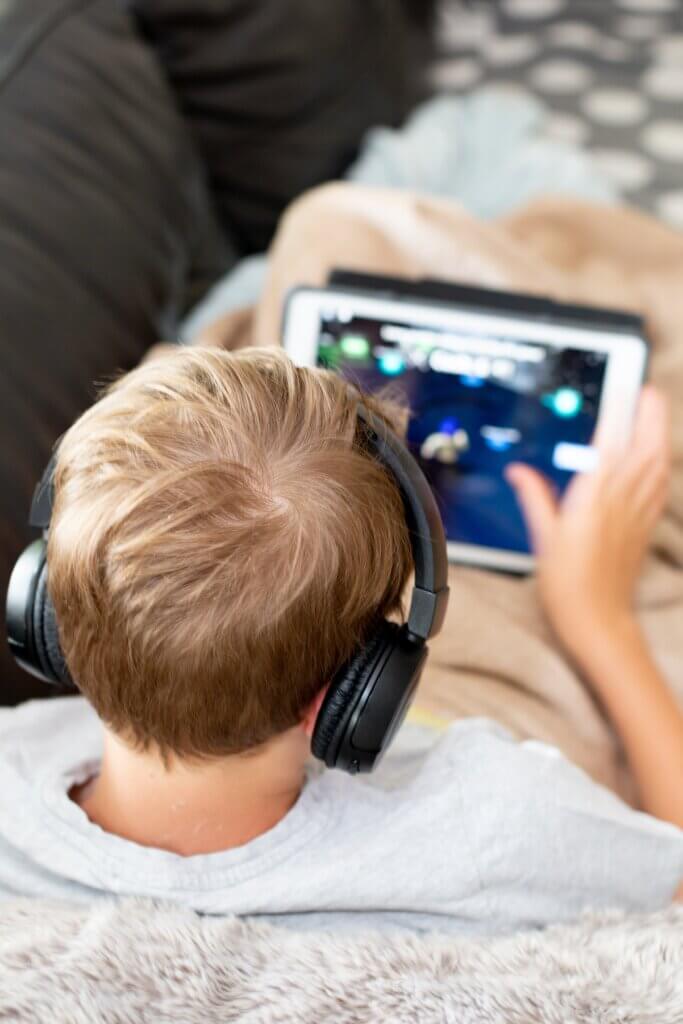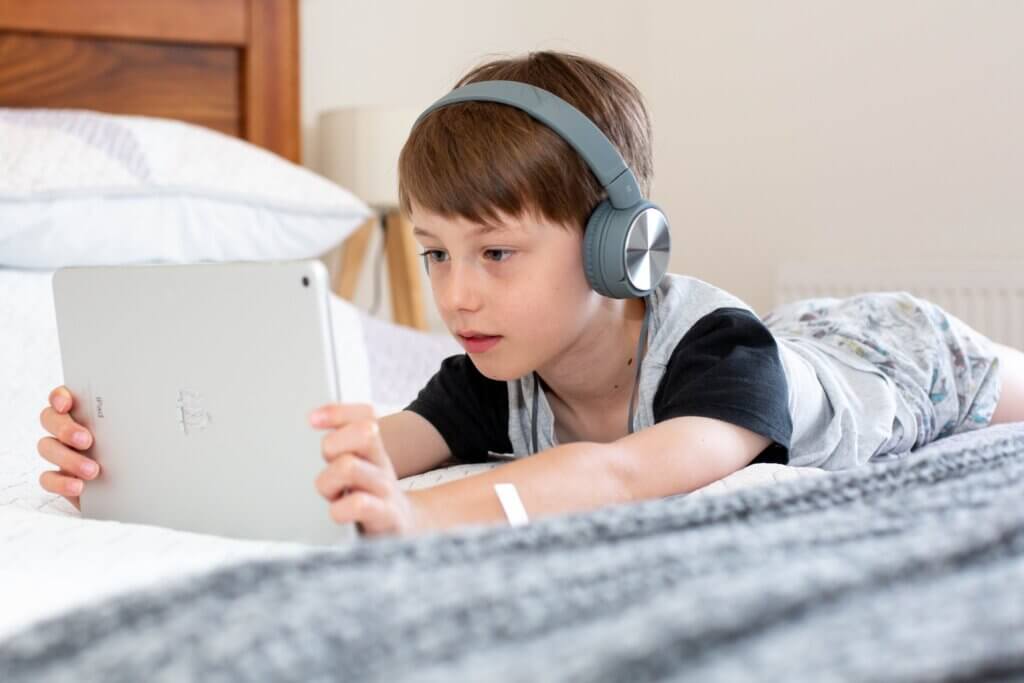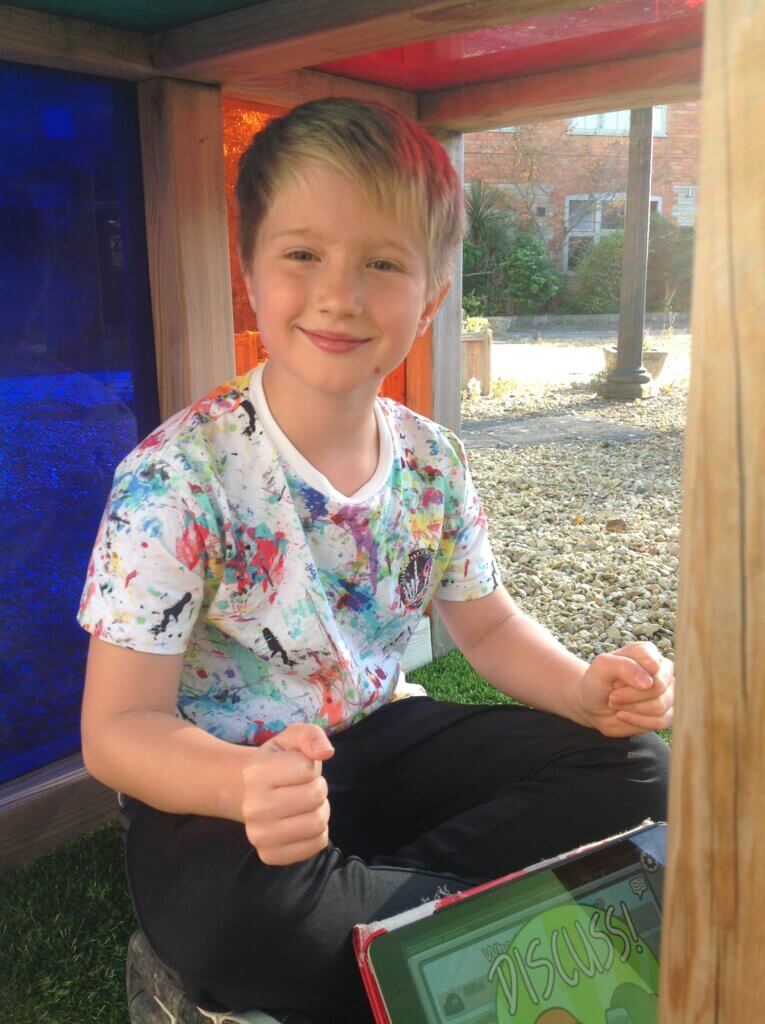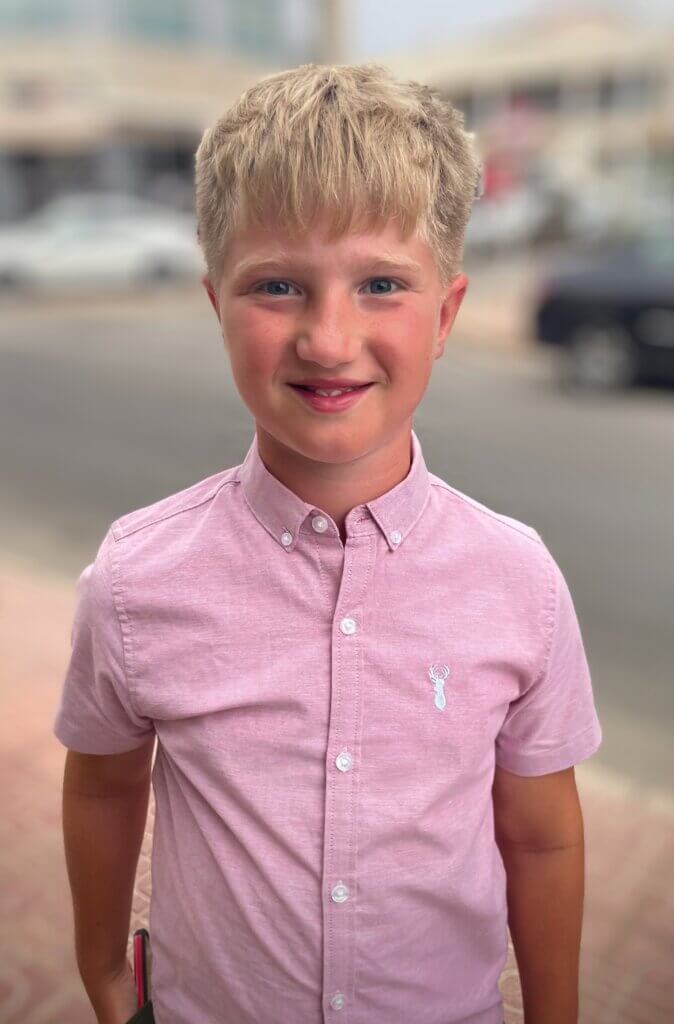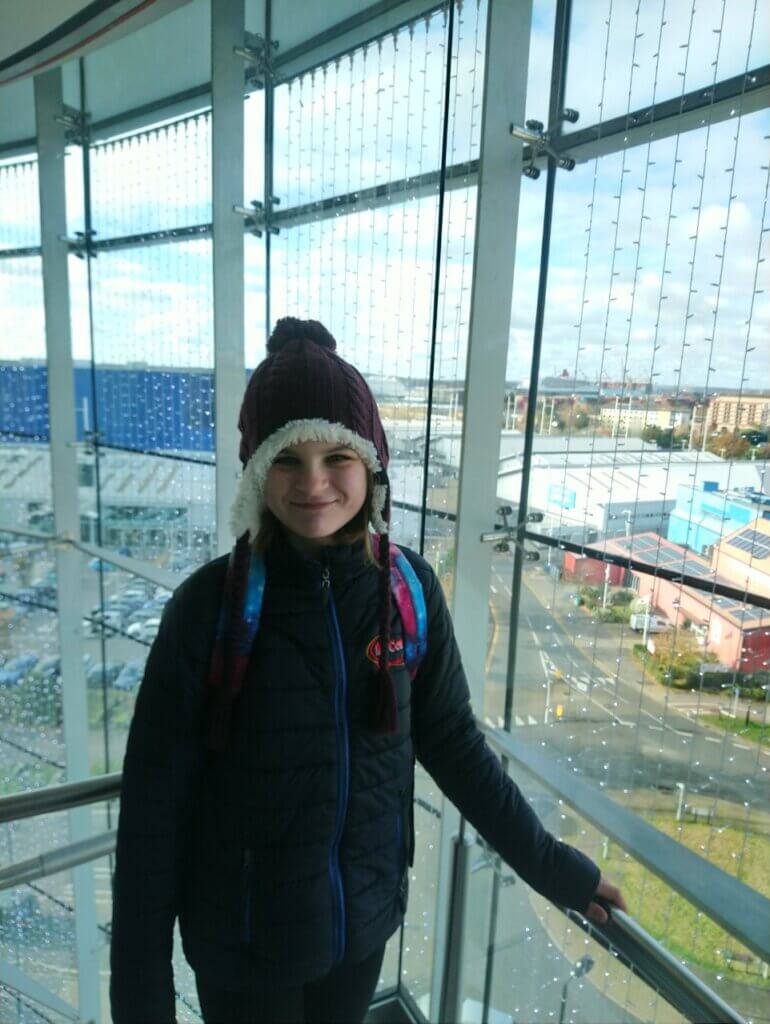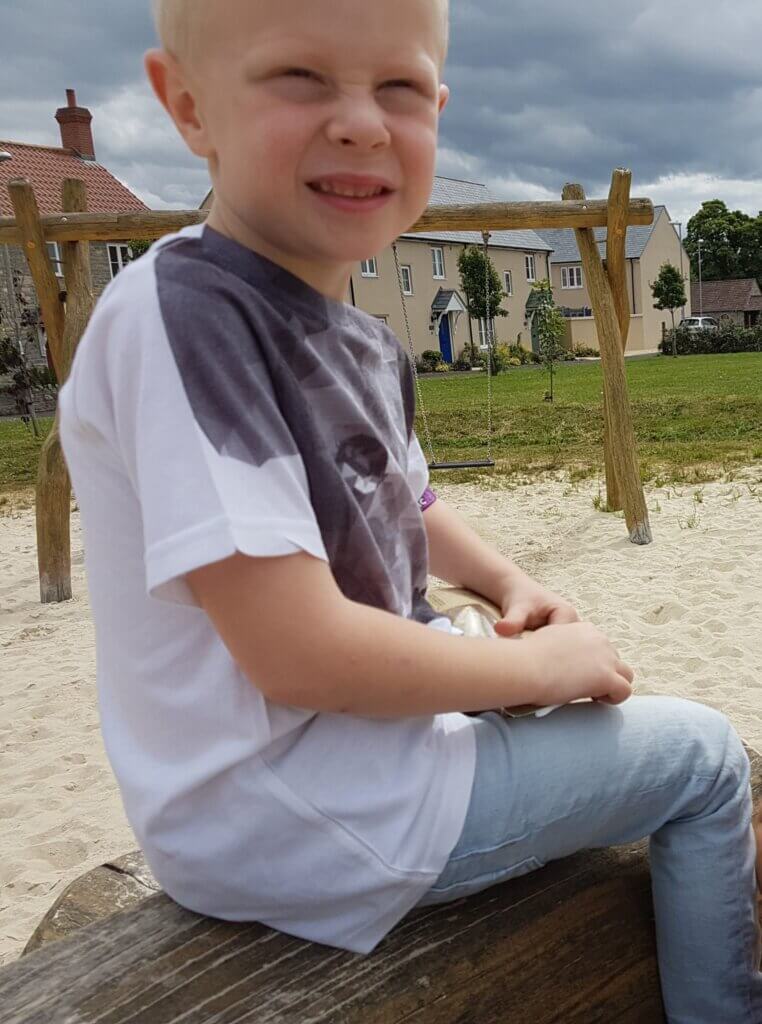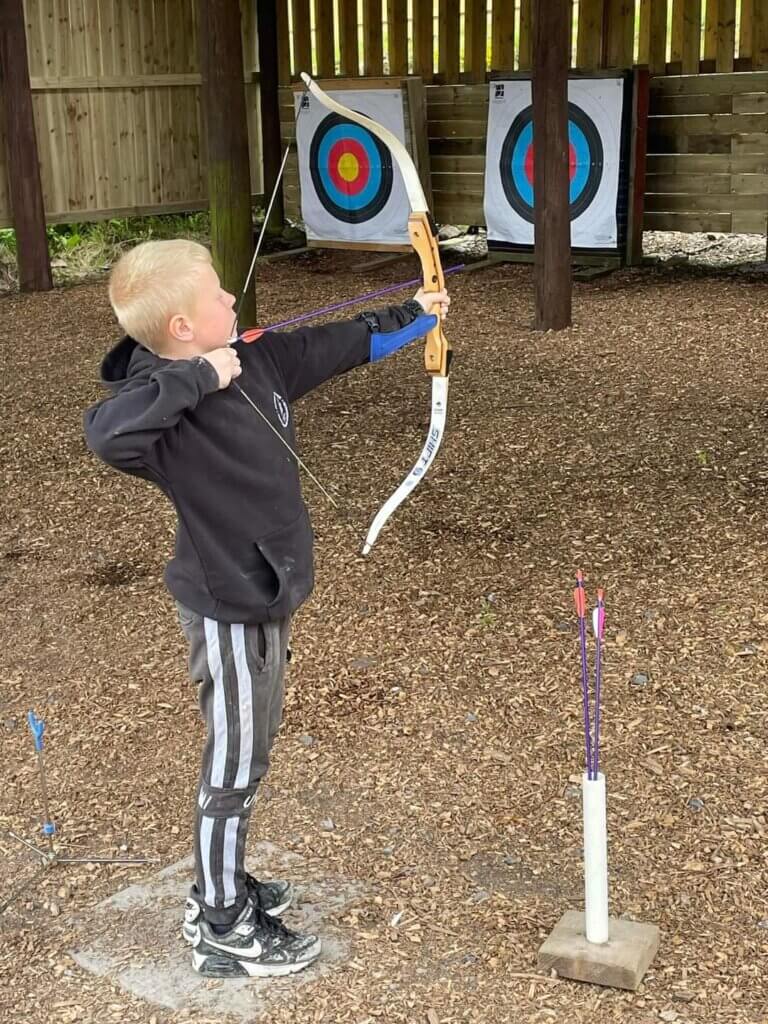“I cannot tell you how life-changing the whole experience has been”
We suspected Amy had autism when her sibling was diagnosed. Unfortunately, Amy was unable to get a diagnosis due to a lack of understanding about masking at that time.
A few years later her difficulties impacted all areas of her life. Her meltdowns became daily, lasting 6 hours at a time, where she would shout, cry, trash her room and so on, nonstop for hours and hours. This would then turn into shame, embarrassment, and guilt, which made her feel even more rubbish, making the situation even harder for her.
We didn’t know where to turn. She was on various long waiting lists for support, but we needed some urgent help. That’s when I found bibic.
We had the two day assessment, and I can honestly say it has been the best thing that we have ever done.
On the first day, Amy had lots of different assessments that were planned from the information discussed in my parent history phone call prior to the appointment. The assessments were done in such a way that they were fun, and Amy felt safe and comfortable, meaning she was able to show her true self. Our bibic Therapist was kind, engaging, validating and obviously incredibly observant; she picked up on things that only people who know Amy very well notice.


We were told the results and were able to ask any questions we had. Our Therapist was very clear on areas of strengths and difficulties (some confirming what we already thought and others that hadn’t even crossed our minds but made complete sense once pointed out). She also gave comprehensive advice about how to support her and suggestions for accommodations school could put into place. This was also given in a therapy pack to take home to refer to later. The following six months of support meant we could check in and adapt what we were doing to make it even more effective.
I cannot tell you the impact coming to bibic has had on Amy. She understands herself; she feels validated, and she knows what she can do to make things easier for her to manage in different situations. At school and at home, we now know how we can support her and adjust the environment to meet her needs, all while facilitating her independence as a teenager.
As a result, we are now supporting Amy much more effectively, and as we are able to meet her needs, the frequency of her meltdowns have drastically reduced as well as hugely shortened in length of time. It’s now more like one or two meltdowns a week for half an hour or so. Such a huge difference! Her confidence is improving every day.
I highly recommend it to everyone. It has made a huge difference to the whole family. I cannot thank bibic enough, and I know that the experience will continue to benefit us all for years to come.
For privacy, photos and names have been changed.

